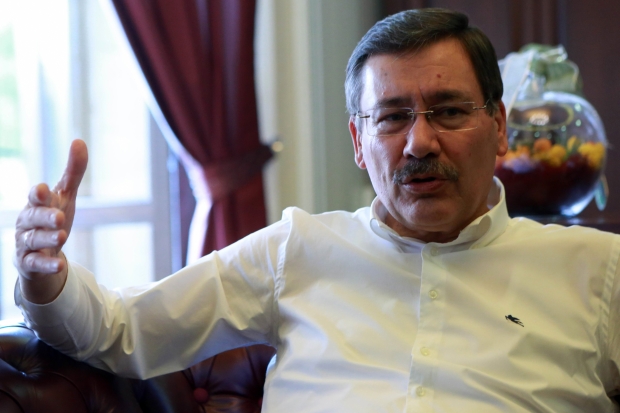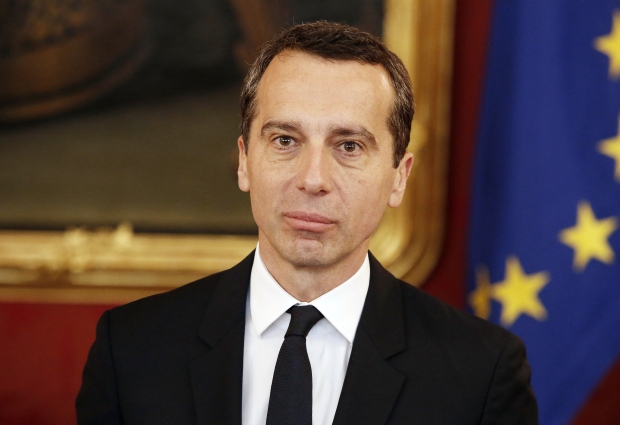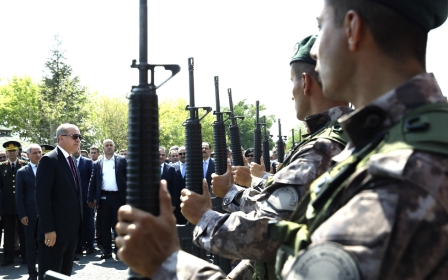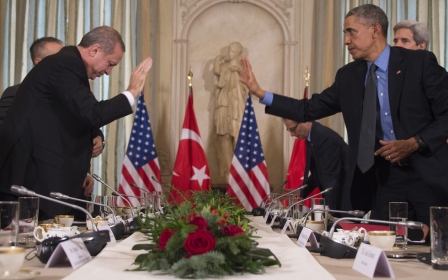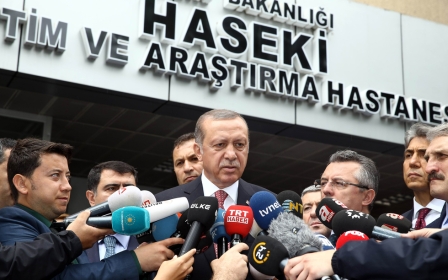Erdogan accuses West of supporting 'terror' and Turkey coup plotters
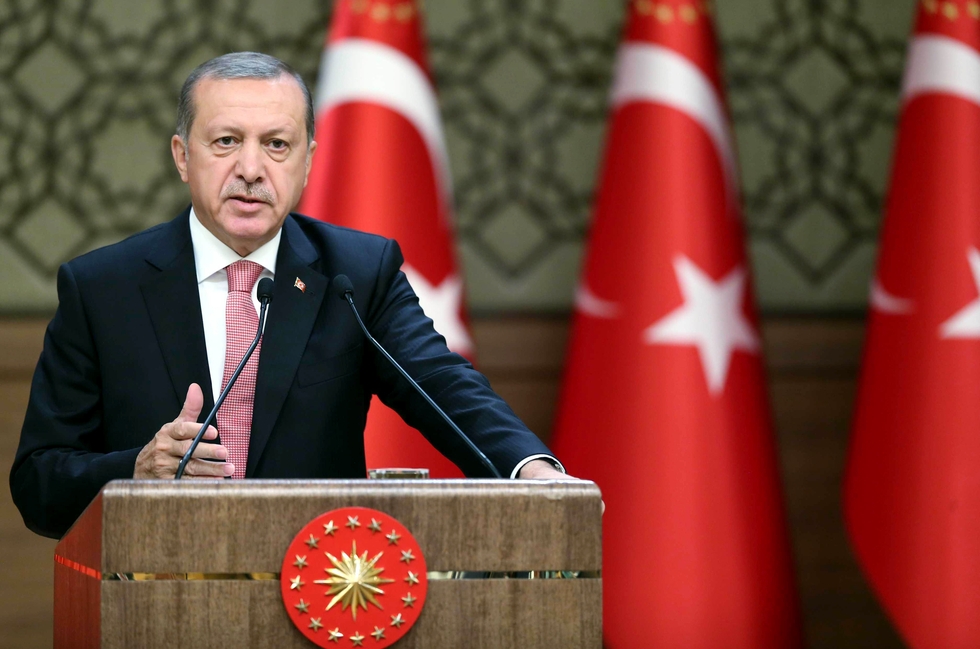
ANKARA - Turkish President Recep Tayyip Erdogan on Tuesday accused the West of “supporting terror and standing by the coup plotters” as Ankara stepped up the rhetoric against Washington and Europe in the wake of July's failed coup attempt.
Speaking during a televised speech, Erdogan said: "Those who we imagined to be friends are standing by the coup plotters and by the terrorists. Is the West on the side of democracy or on the side of terror?"
His comments were echoed by other leading politicians opposed to the coup. Melih Gokcek, Ankara’s mayor, who said the United States must extradite Fetullah Gulen, a cleric the Turkish government blames for the 15 July coup plot.
Speaking at a separate news conference, the mayor said: “I don’t want to believe that the US is complicit but the true test will be if they extradite Gulen. We have a terrorist living there.”
Gokcek pointed to contradictory statements by US officials as evidence that they have something to hide – or at the very least were better informed than they cared to let on.
He also said that Western condemnation of the coup was tepid and unacceptable. “No Western official called me to commiserate. Not even one of their ambassadors attended the funeral of one of the dead civilians here.”
Ismail Kahraman, the parliamentary speaker, added: “Turkey has experienced many coups but this was a first. A terrorist living in the US had his forces try to topple the system in Turkey.
He described the Fetullah Gulen movement as a “terrorist organisation in the same vein as the PKK and PYD ” and said that Ankara had presented a lot of evidence to support its case. “We have a strategic friendship with the US and the legal cooperation between our countries. I believe the US will extradite him and we will do what is required within the rules of law.”
Turkish politicians from the ruling party and the two biggest opposition are currently in Washington, trying to persuade US officials to support Gulen's extradition.
The US moved on Monday to soothe relations between Ankara and Washington. Joseph Dunford, of the US Joint Chiefs of Staff, met the Turkish prime minister, Binali Yildirim, and condemned the failed putsch.
Dunford said he was visiting Turkey to show support.
Ankara and Europe? Also not getting on
The renewed calls for the extradition of Gulen came as tensions continued to simmer between Turkey and Germany, which is home to more than three million Turks but has had a rocky relationship with Ankara during the past six months. In June the German parliament branded the World War One-era Armenian massacre by Ottoman forces as genocide, a move which resulted in Turkey recalling its ambassador for consultations.
And on Sunday a German court banned Erdogan from addressing his supporters by video link at a rally in Cologne, amid fears that the crowds could become agitated. On Tuesday Erdogan said that Germany had allowed leaders from the PKK, which is banned in Turkey, from addressing events via video link, also that Germany had failed to respond to a list of more than 4,000 activists that it wanted.
Mevlut Cavusoglu, Turkey’s minister for foreign affairs, told German newspaper Frankfurter Allgemeine Zeitung on Monday that his country might pull out of a deal to take back Syrian refugees if visa-free travel in Europe was not introduced by October.
Under the agreement Syrians who reached Greece would be sent back to Turkey: in return Turkey would receive visa-free travel, billions of euros of aid and fast-tracked talks relating to its much delayed EU membership bid. The deal was driven by German Chancellor Angela Merkel after Berlin allowed more than one million migrants to enter the country in 2015.
But on Tuesday German Foreign Minister Frank-Walter Steinmeier said that such talk of the deal collapsing was “absurd.” Speaking to the Rheinische Post newspaper he said: "The fact is there are conditions for the visa-free policy and they are known to everyone. Turkey pledged to undertake the necessary steps to hold up its end of the agreement. That is not yet the case and Turkey still has work to do."
In Austria Chancellor Christian Kern told the Oesterreich daily that his country should not allow itself to be intimidated in any way after he received death threats online.
"We should not allow ourselves to be intimidated in any way. Threats, even death threats, from the right wing and the radical part of the Turkish community have become reality for me,” he said. "We are not going to go cap in hand ... We need Turkey but it's Turkey that economically speaking really needs us. Otherwise Turkey will be heading for state bankruptcy."
On Friday Erdogan referenced how the mayor of the Austrian city of Wiener Neustadt wanted the Turkish community there to remove Turkish flags from balconies, although no such prohibition is in place.
New MEE newsletter: Jerusalem Dispatch
Sign up to get the latest insights and analysis on Israel-Palestine, alongside Turkey Unpacked and other MEE newsletters
Middle East Eye delivers independent and unrivalled coverage and analysis of the Middle East, North Africa and beyond. To learn more about republishing this content and the associated fees, please fill out this form. More about MEE can be found here.


